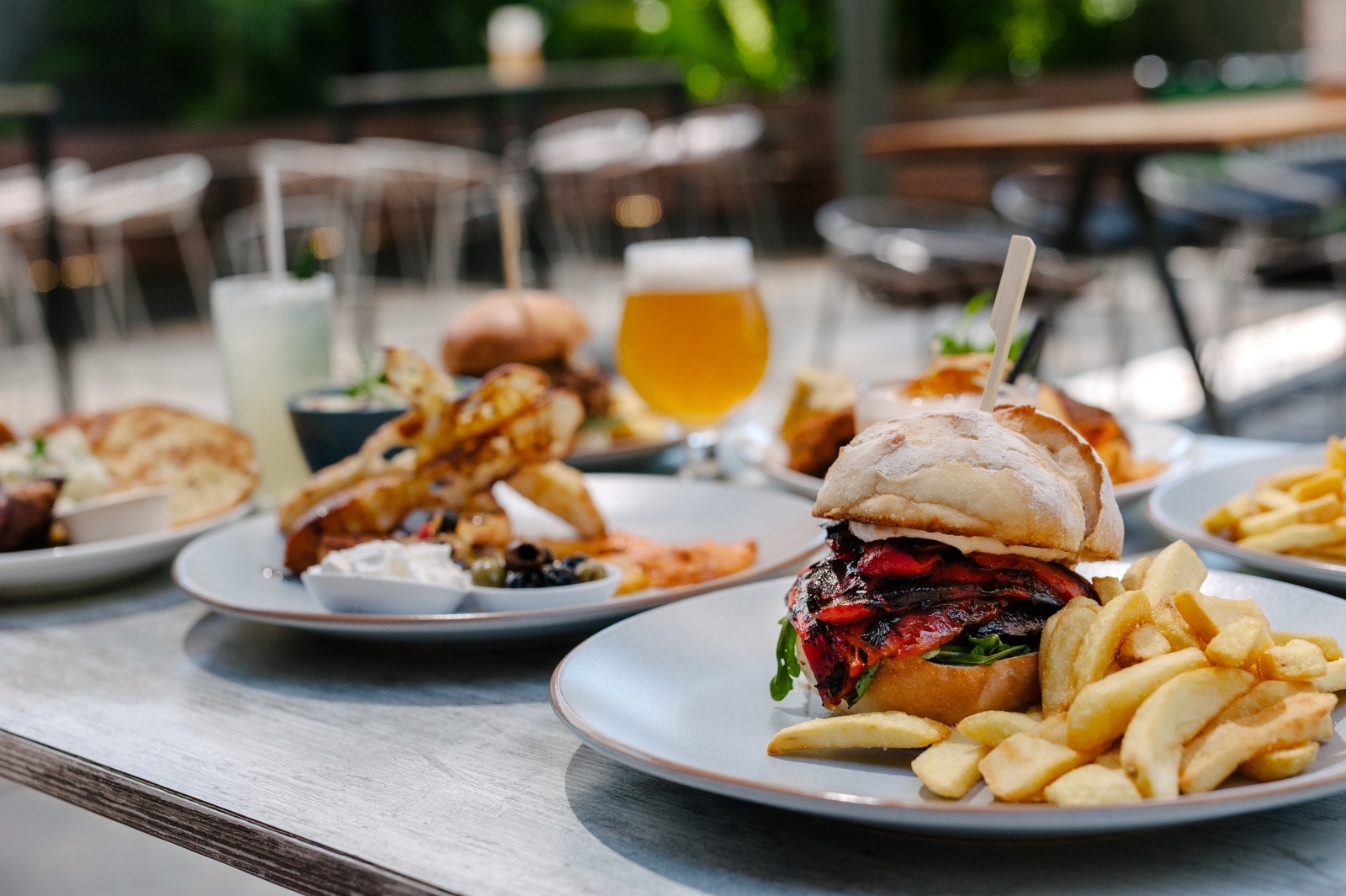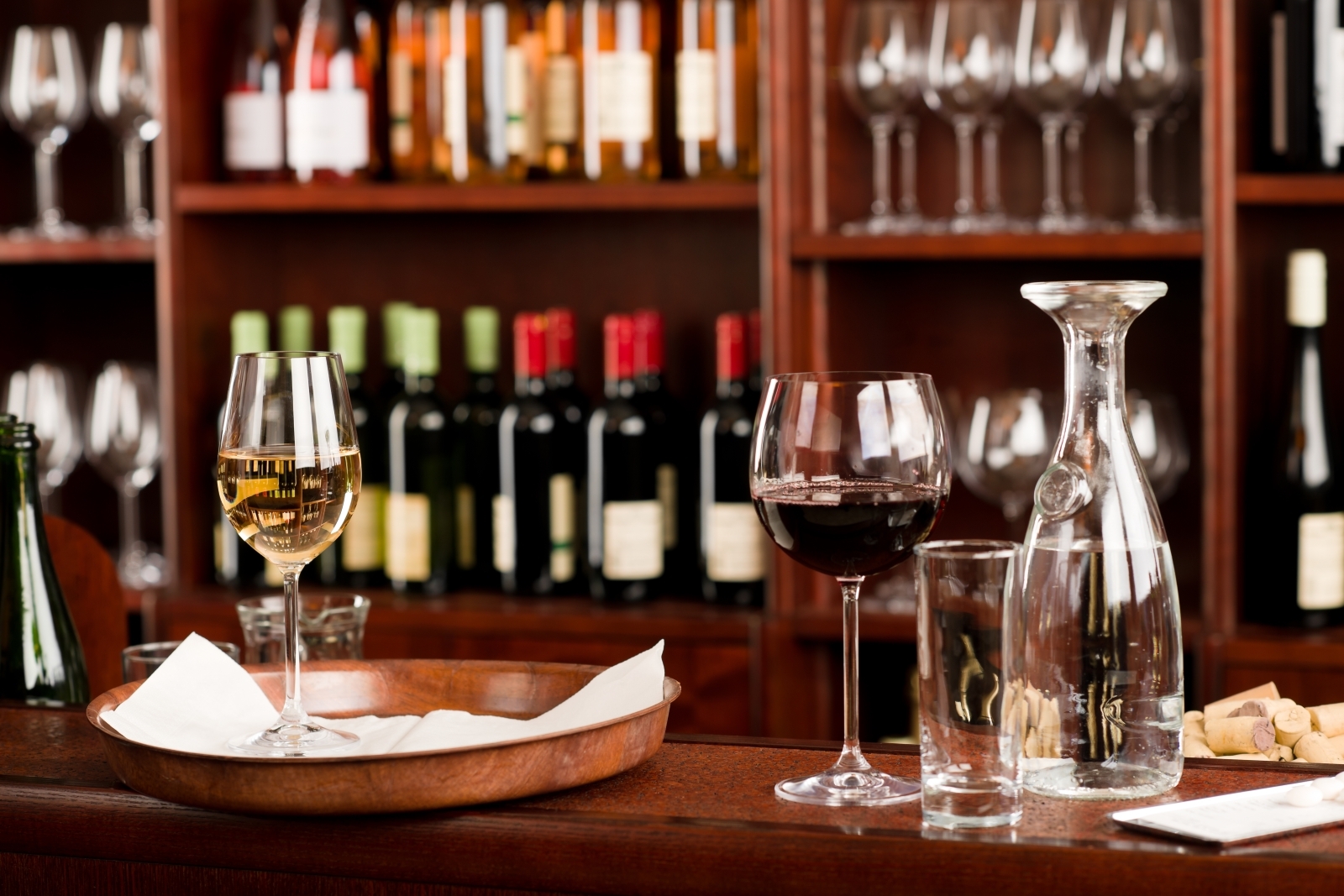The Best Places to Live in Portugal
Brimming with rugged mountains, undulating coastlines, and verdant woodlands, Portugal is one of Europe’s most desirable living destinations. Steeped in history, it has gifted the world a rich legacy of language, gastronomy, and culture. Portugal is increasingly popular among expats, owing to its strong economy, entrepreneurial opportunities, and breathtaking landscapes. According to the OECD Better Life Index, Portugal ranks highly in housing, environmental quality, life expectancy, and education. The 2024 Global Peace Index also ranks Portugal as the seventh safest country in the world.
From sun-soaked cosmopolitan cities such as Lisbon to the placid countryside, read on to discover the best places to live in Portugal.

Lisbon
Lisbon is Portugal’s hilly coastal capital, situated on the northern bank of the River Tagus. Founded in 1200 B.C., it is the second-oldest European city after Athens. The city grew tremendously in the early Middle Ages, with many parishes and a large working population. Portugal’s exploration ventures endowed Lisbon further, and by the 15th century, it was one of the most important ports in the world, trading with Asia, Africa, and Brazil.
Today, Lisbon is known for its 113-year-old eponymous university, beaches, vintage trams, and distinctive gastronomy. The city’s rolling hills are lined with lovely terracotta-roofed homes and historic churches. Service industries, finance, and fishing drive Lisbon's economy, and the city is home to a range of start-ups and multinational companies. Tourism and hospitality are other promising ventures here.
The capital is famously cosmopolitan, with 21% of its population comprising foreign residents. The average house price in Lisbon is €2,312 per square metre.
Also Read: Best Cities to Live In Europe
Porto
Situated by the Douro River, Porto is Portugal’s second-largest city. It is one of Europe’s oldest cities and was declared a UNESCO World Heritage Site in 1996. The city has historically been a major seaport, with trading activities taking place as early as 8th-century B.C. Porto flourished in the Roman era and prospered even more during the Middle Ages owing to its shipbuilding and port wine-making ventures. The city’s affluence was emboldened by Portugal's Age of Discovery expeditions.
Today, Porto is a kaleidoscopic vision of colourful homes, cobbled streets, and mediaeval marketplaces. The city brims with grandiose Gothic architecture, exemplifying Porto’s old-world charm. The city also has a robust tech and finance sector with companies such as Switch Payments and Braining, creating an attractive investment landscape. Porto’s economic activities contribute 38% to the country’s GDP.
On average, properties in Porto can cost about €5,678 per square-metre.
Also Read: Best Places to Live In Sussex
Chaves
Chaves is a city in northern Portugal lying by the Tâmega River. Originating from the ancient Roman settlement of Aquæ Flaviæ, Chaves is famed for its abundance of spring baths and healing thermal spas which have attracted visitors for millennia. The region’s fertile lands attracted many invaders throughout history, and the city grew in terms of population, wealth, and architecture. Notably, Chaves was reclaimed by the Portuguese forces in the Middle Ages and was consolidated and walled from its surrounding settlements. The city has long been home to Christian, Muslim, and Jewish inhabitants, creating a rich religious heritage.
Today, Chaves is most famous for its namesake castle and thermal baths: the Caldas da Rainha bathhouses have been used for treating ailments since Roman times. Agriculture, glassmaking, and tile making are some of the city’s main industries. With ornate townhouses and mansions to boot, Chaves is perfect for an elevated country life.
Upscale residences in Chaves cost about £2 million.
Also Read: Best Places to Live In France
Braga
Braga, often referred to as the “Rome of Portugal,” is a city located in the northwestern region of the country. The city was founded in 16 B.C. by the Romans and went on to become one of the most affluent settlements throughout the Roman period and late antiquity. Poet Decimius Magnus Ausonius described Braga as a rich settlement in the 4th-century. It is also one of the oldest Catholic settlements in the world and played a pivotal role in disseminating the Christian faith in the Iberian Peninsula.
A major hub for technological start-ups, Braga is touted as Portugal’s Silicon Valley. It is home to the International Iberian Nanotechnology Laboratory and is also empowered by the engineering and electronics industries.
Today, Braga, the “city of archbishops” is famous for its imposing churches, with 82 churches, 76 chapels, 2 sanctuaries, a basilica, and the Sé Catedral de Braga, which is the oldest cathedral in the country. It is also home to the Archdiocese of Braga of the Catholic Church, which is the oldest archdiocese in Portugal.
The European Commission noted that Braga offers an incredible quality of life— the 2023 Quality of Life Index found that 98% of the survey’s respondents were very happy living in the city.
On average, properties in Braga cost between €1,175 and €2,800 per square metre.
Also Read: Best Places to Live In Italy
Faro
Faro is a picturesque coastal haven and Portugal’s southernmost city, located in the Algarve region. Dating to the 4th-century B.C., Faro flourished economically under Roman rule. It was successively taken over by several expansionist hegemonies, from the Byzantines to the Visigoths and the Moors. Notably, Faro was plundered by the British in the 16th-century and was almost completely decimated by earthquakes in the 18th-century. However, the city persevered.
Landmarks such as the Convent of Nossa Senhora da Anunciação and the Faro Cathedral testify to its impressive lore. The city is also admired for its collection of scenic beaches, temperate sunny climate, and vibrant nightlife.
Faro’s economy is chiefly driven by agriculture, hospitality, tourism, and paper production. The city’s slow-paced, relaxing atmosphere enhances its quality of life, and according to Numbeo's Quality of Life Index, Faro ranks high in terms of safety, climate, and environmental awareness.
The average price of a property in Faro is €3,519 per square metre.
Also Read: Best Areas to Live Outside London
Cascais
Cascais is a popular coastal town near Lisbon, renowned for its exceptional quality of life and competitive real estate market. Having been influenced by the Romans, the Visigoths, and the Moors, Cascais prospered in the 13th-century with its fishing industry. By the 19th century, Cascais was a glamorous seaside resort, with the Portuguese royal family holidaying here every autumn.
Today, Cascais is known for its upscale seaside lifestyle. Abounding with breathtaking beaches, spas, and a luxury shopping centre, the city is swanky and aspirational. Located just 30 minutes from Lisbon, Cascais’ seaside bliss is all the more sought-after.
ICT, hospitality, tourism, maritime commerce, and marketing are major sectors driving the local economy. The city is particularly welcoming to expats, with 16% of the population coming from overseas.
The median house price in Cascais is €6,569 per square metre.



